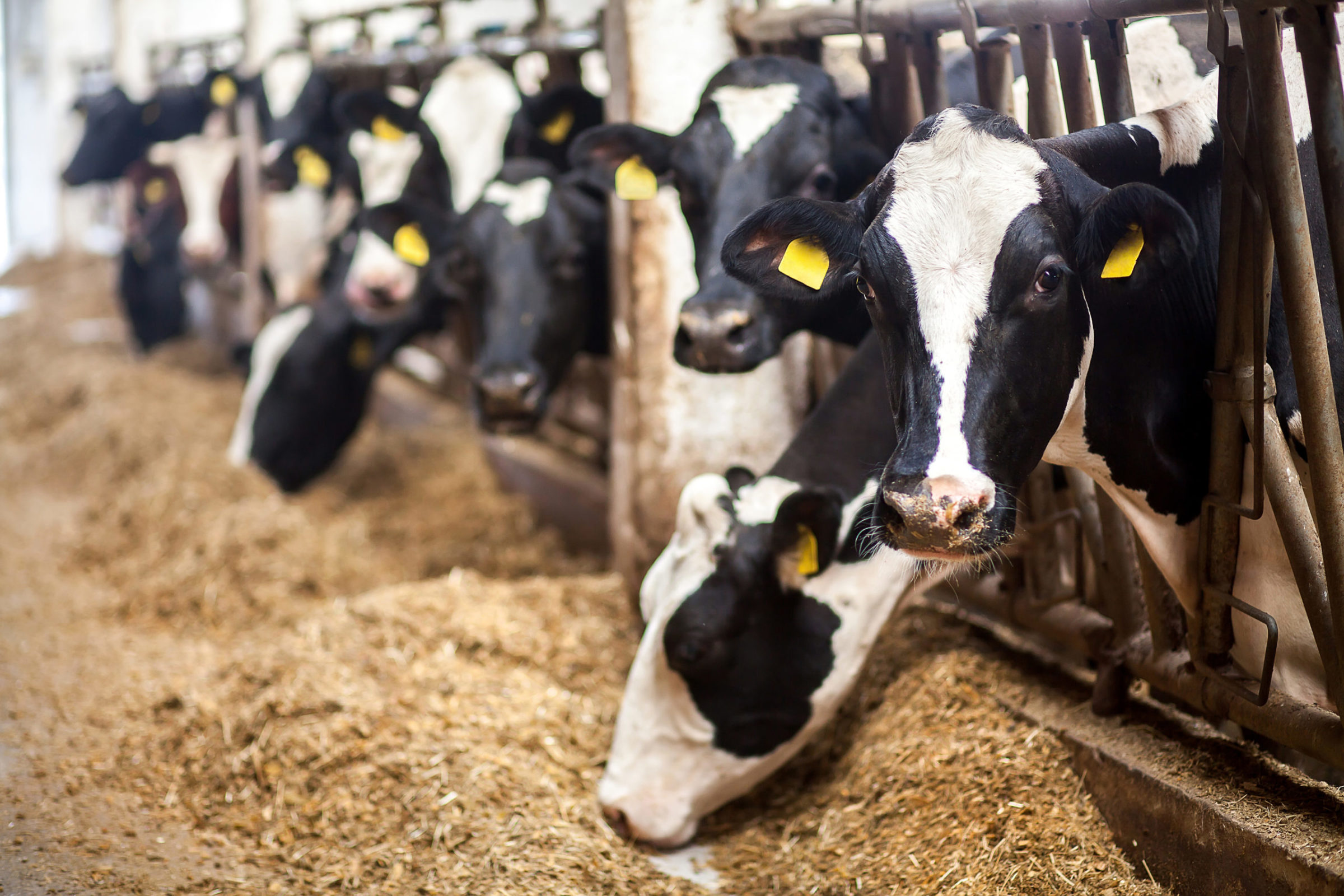PETA Wrong Again: Milk Is Good for Your Heart
Originally published at National ReviewPETA has one ideology: Animals are morally equal to people. It has one goal: No human ownership or instrumental use of animals. No exceptions.
As committed ideologues, PETA lies to further these goals. For example, the group claims that animal research offers no human benefit — obvious baloney.
The animal-rights ideologues also pretend that eating animals or consuming dairy products is bad for our health. Everything in moderation, of course, but we are naturally omnivores. Meat and animal bi-products are good for us. Veganism is hazardous to young children’s health when bones and brain are growing, and can be dangerous to adults unless supplements are included in the diet.
Now, a new study published in the International Journal of Obesity shows that milk consumption can mildly reduce the risk of heart disease. From the Study Finds story:
A new study finds milk isn’t just good for your bones, it’s also doing plenty for your heart too. An international team finds drinking milk regularly can significantly drop the chances of suffering from heart disease.
Their findings reveal milk drinkers also have lower levels of cholesterol, which can cause blockages in the arteries and lead to a heart attack or stroke. Overall, those drinking milk each day slashed their risk of coronary heart disease by 14 percent.
Milk is good for the brain too:
Milk has a long history of helping to build healthy bones and provide the body with a vitamin and protein boost. Scientists also believe it can boost brain power. A previous study of almost 1,000 people discovered those who drank milk performed better in concentration and learning tests.
It’s believed certain nutrients in dairy products, such as magnesium, could help stave off memory loss. They may also help protect against heart disease and high blood pressure, which in turn maintains the brain’s ability to properly function. Better blood flow carries more oxygen to the brain.
I have no complaint against people who refrain from consuming animal products because of moral issues. Making choices based on one’s moral view is an aspect of human exceptionalism. Just don’t lie to convince others to follow.
Always remember: “Animal rights” is not the same thing at all as “animal welfare.” Got milk?
